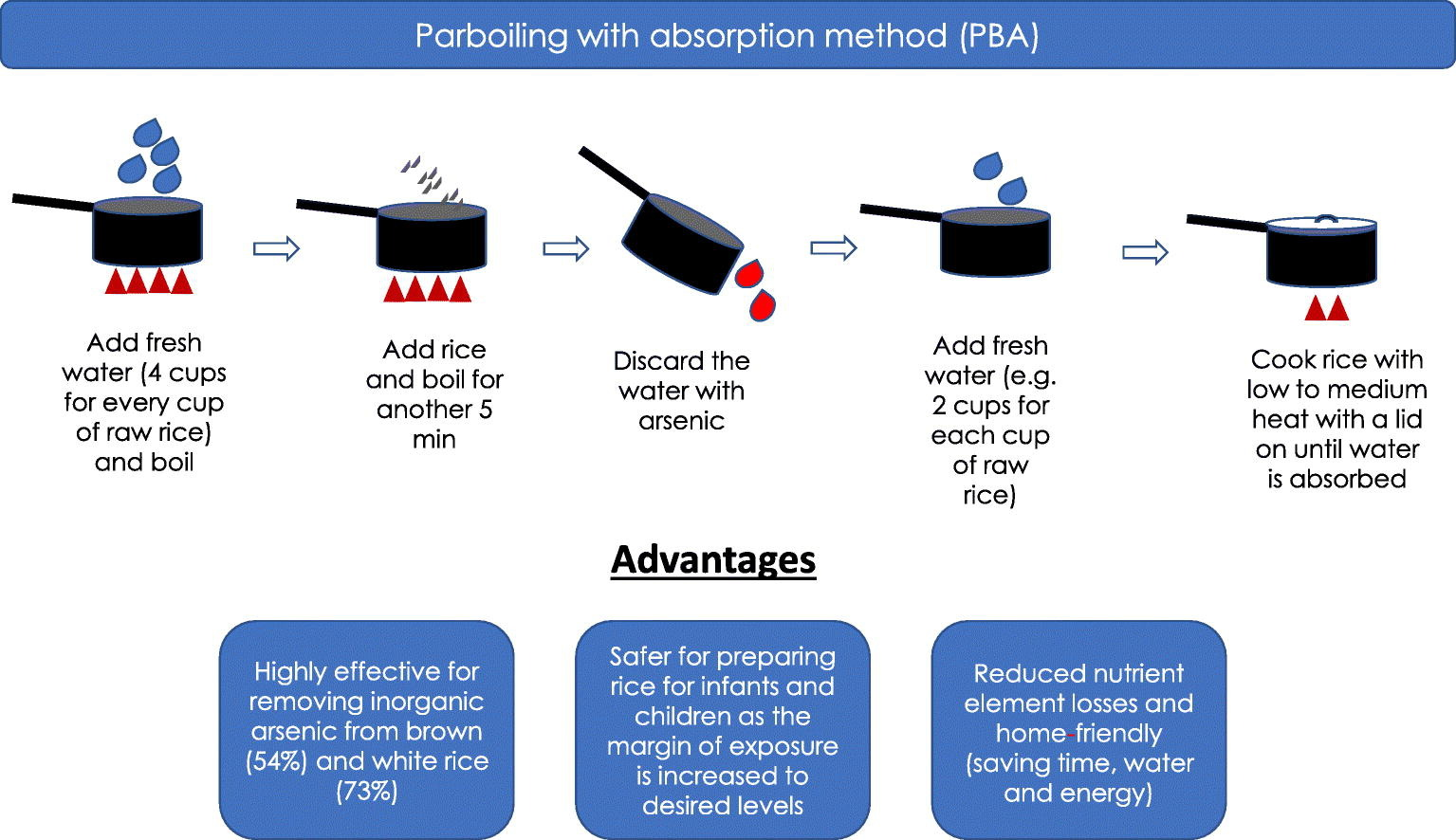I think it happened more than a few years ago. US citizens might want to see about overturning Citizens United.
mox
chuckle
Author apparently thinks hardware emulation is the only kind of emulation.
I like sci-fi and fantasy films, too, but most of the Japanese ones that come to mind are very well known already, so I'll include some other stuff as well:
Seven Samurai (1954)
The Castle of Cagliostro (1979)
Tampopo (1985)
Minbo (1992)
Shall We Dance? (1996)
After Life (1998)
Spirited Away (2001)
5 Centimeters per Second (2007)
Much like the way we were told for ages that a glass of wine every day was good for our health. I think the latest research is showing no evidence of that, but rather that any amount of alcohol raises the risk of cancer.
I continue to be impressed by how far we've come in algorithmically imitating forces of nature. If you like this stuff, have a look at the EmberGen demo clips
If you care about keeping your domain enough that you don't want there to be an excuse for someone to take it from you, then you use your real info, and choose a registrar that only exposes a proxy contact in your WHOIS entry.
If you don't care about losing your domain, then you can use fake contact info.
I suppose I would avoid connecting to untrusted networks, or avoid opening print dialogs while on them, or uninstall CUPS until a fix is available.
Even the Linux kernel / Linux Torvalds are moving towards Rust.
No, they aren't. They are experimenting with it in certain new device drivers. No move is planned, and it's too early to tell whether there will ever be one.
That refers to the fact that printer advertisements can contain lies: When you see a familiar printer name appear on a network, it could always be an impostor secretly pointing to the address of a malicious device.
So my first advice stands: Avoid interaction with untrusted or potentially compromised print servers.
To be clear, when I say "interaction", I don't just mean printing to them. I mean any interaction at all. Even just browsing a network for printers could potentially mean your system contacts the devices at the advertised addresses, and receives data from them. This Qualys report doesn't make clear whether this kind of interaction is safe, so I have to assume for now that it is not.
Either of these commands will reveal processes listening on the port that's vulnerable by default:
$ sudo lsof -i :631
$ sudo fuser -v 631/tcp 631/udp
The wording of this post gives me the impression that it could exploited even if you don't have any such processes, if your system contacts a malicious or compromised print server. I would avoid browsing or using printers on unsafe networks until this is patched.
The port 631 process just makes it worse, by allowing someone else to initiate that contact remotely.
Based on this...
Exploitation involves sending a malicious UDP packet to port 631 on the target, directing it to an attacker-controlled IPP server. The system’s cups-browsed service then connects back, fetching printer attributes, which include malicious PPD directives. When a print job starts, these directives execute, allowing the attacker’s code to run on the target system.
...it seems the exploit can be triggered either remotely through your CUPS instance listening on port 631, or locally by interacting with a malicious/compromised print server.
So if I understand correctly, shutting down that port wouldn't be enough by itself. You would also have to keep your system from initiating contact with such a server, such as by using a public printer, or conceivably even just browsing printers at a cafe/business/school. I haven't read the exploit details, so I don't know which interactions are safe, if any.


Anything that emulates something else is an emulator. That something else could be hardware, or runtime behavior, or services, or a combination thereof. (It could even be a turtle, although we're talking about computers in this case.)
Wine is an interesting example, despite that silly acronym that was abandoned years ago, or perhaps because of it. It not only translates system and API calls, but also provides Windows work-alike services and copies Windows runtime behavior, including undocumented behavior. If it were just an API wrapper or "translation layer", a lot of its functionality wouldn't work.
The shape of a business envelope might not be an equilateral rectangle, but it is still a rectangle.
But go ahead and believe what you want. I'm not looking for an argument.